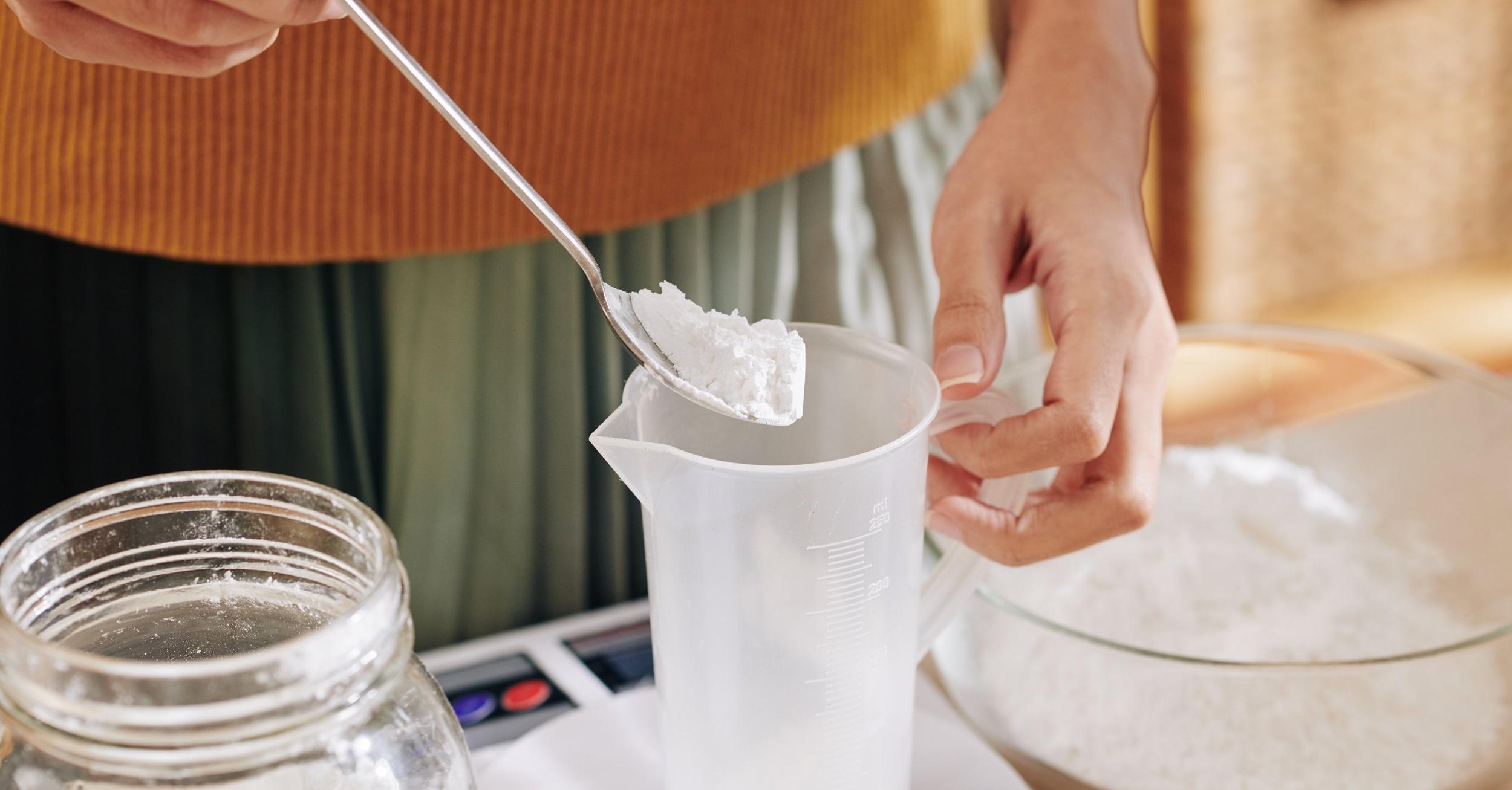Are you curious to know what is lye? You have come to the right place as I am going to tell you everything about lye in a very simple explanation. Without further discussion let’s begin to know what is lye?
Lye, also known as sodium hydroxide (NaOH) or caustic soda, is a chemical compound that has played a vital role in various industries and applications for centuries. This strong alkaline substance has diverse uses, ranging from food preparation to manufacturing processes and even in cleaning agents. In this blog, we will delve into what lye is, its properties, applications, and safety considerations when working with this versatile compound.
What Is Lye?
Lye is a white, solid, and highly caustic substance. It is composed of sodium ions (Na+) and hydroxide ions (OH-). When dissolved in water, lye dissociates into these ions, creating a solution with a very high pH level, making it strongly alkaline.
Properties Of Lye:
- Causticity: Lye is highly caustic and can cause severe chemical burns if it comes into contact with the skin or eyes. Therefore, it should be handled with extreme care.
- Solubility: Lye is soluble in water, producing a clear, colorless solution with a slippery feel. This solution is often used in various applications.
- Hygroscopic: Lye is hygroscopic, meaning it readily absorbs moisture from the air. When exposed to humidity, lye can become clumpy or form solid lumps.
Applications Of Lye
- Food Production: Lye is commonly used in food preparation. It is a crucial ingredient in the process of making traditional foods like pretzels, bagels, and lutefisk. Lye is used to give these foods their characteristic texture and taste.
- Soap and Detergent Manufacturing: Lye is a key ingredient in the production of soap and detergents. It reacts with fats or oils through a process called saponification to create soap.
- Chemical Manufacturing: In chemical industries, lye is used as a versatile base in various reactions and processes. It is an essential component in the production of textiles, paper, and certain plastics.
- Cleaning Agents: Lye-based cleaning agents are highly effective at breaking down and removing grease, grime, and clogs in drains and pipes.
- Water Treatment: Lye is used to adjust the pH of water in water treatment plants, ensuring that it falls within safe and acceptable limits.
Safety Considerations
Working with lye requires strict safety precautions due to its caustic nature. Here are some essential safety guidelines:
- Protective Gear: When handling lye, wear protective gear, including gloves, goggles, and a lab coat or apron to shield your skin and eyes.
- Adequate Ventilation: Work in a well-ventilated area or use a fume hood to prevent inhaling fumes generated during lye handling.
- Dilution: Always add lye to water, not water to lye, to prevent splattering. Stir the mixture carefully to ensure full dissolution.
- Emergency Measures: Have a bottle of vinegar or lemon juice on hand as an acid to neutralize lye in case of skin contact. Flush the affected area with copious amounts of water.
- Storage: Store lye in a cool, dry place, away from incompatible substances, and keep it out of reach of children.
Conclusion
Lye, or sodium hydroxide, is a powerful chemical compound with a wide range of applications in various industries. While it is indispensable in many processes, its caustic nature demands careful handling and safety precautions. When used responsibly, lye enables the production of essential items like soap, food products, and various industrial goods, contributing to the functionality and convenience of our daily lives.
FAQ
What Is A Lye Used For?
Making of household and industrial products: Lye is used to make commercial and industrial cleaners and clogged drain openers because of its cleaning effects and ability to dissolve grease. Tissue digestion: NaOH or KOH can be used to digest tissues of animal carcasses.
Is Lye Harmful To Humans?
Lye water (sometimes called ‘Lime Water’) is a strong (caustic) liquid that is safe to use in very small amounts in cooking, but it can be dangerous if lye water is swallowed undiluted straight from the bottle. It can cause severe corrosive burns to the throat, oesophagus and stomach with permanent damage if swallowed.
Is Lye Bad For Skin?
Lye is highly corrosive and can cause eye damage and burns to the skin. However, during the saponification process, the lye combines with water and oils and creates soap. Fully cured soap does not contain lye.
Why Is Lye In Soap?
Lye is a necessary component of making soap bars. Without lye or another highly alkaline solution, we cannot ever make soap because soap needs the saponification process – a chemical impossibility without a strong alkali! “Soap” is an FDA-protected term that is restricted to only real soap products.
I Have Covered All The Following Queries And Topics In The Above Article
What Is Lye In Food
How To Make Lye
What Is Lye For Soap Making
Is Lye Dangerous
What Is Lye Used For
Where To Buy Lye
What Is Lye Soap Made Of
What Is Lye Soap Used For
What Is Lye
What is a lye used for
